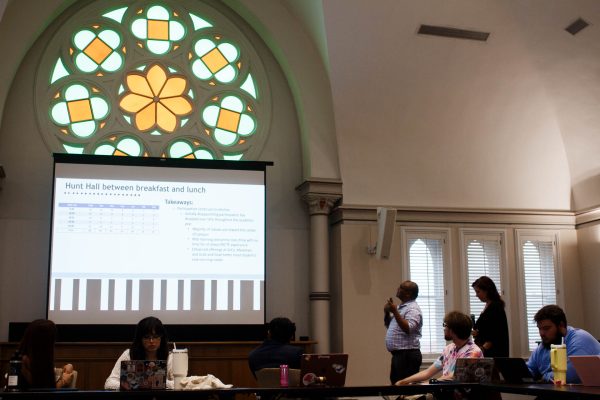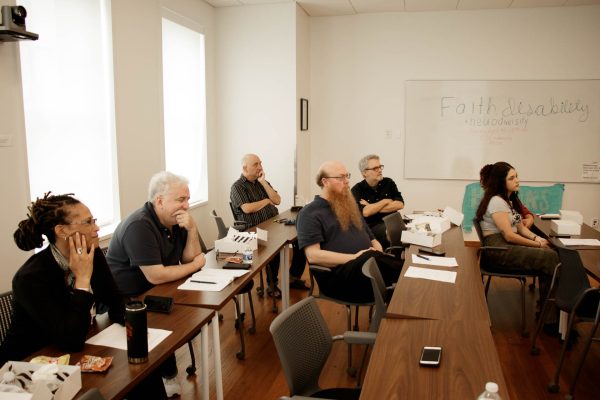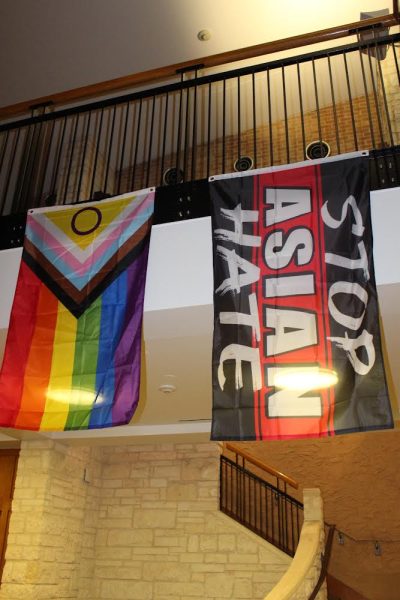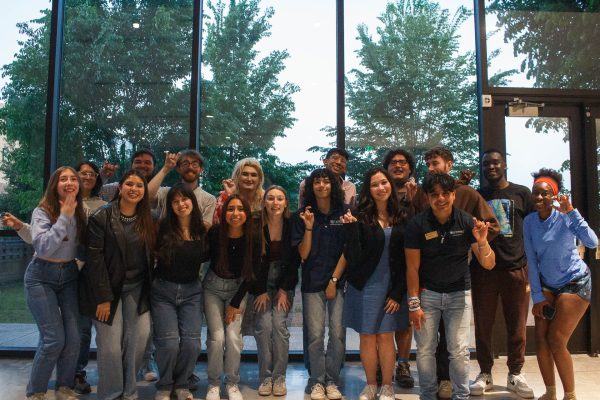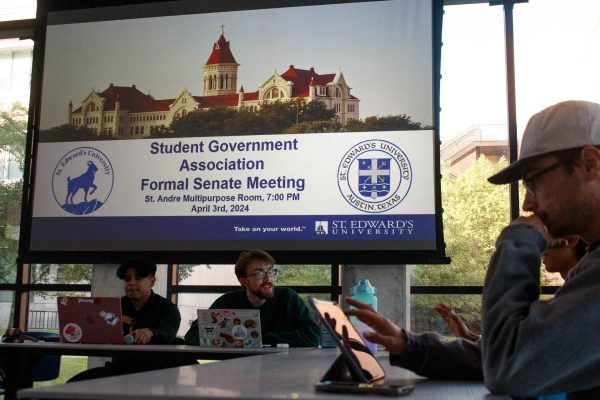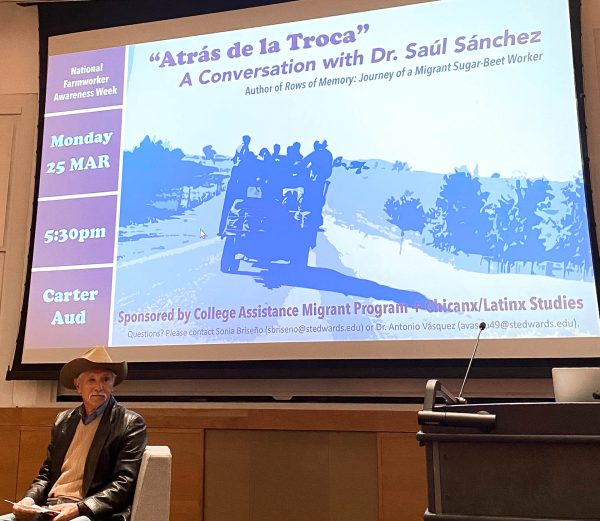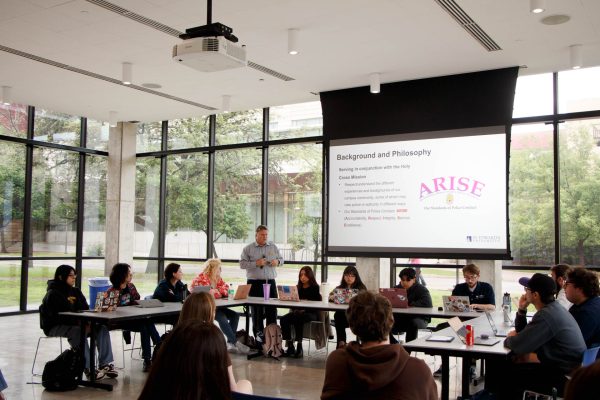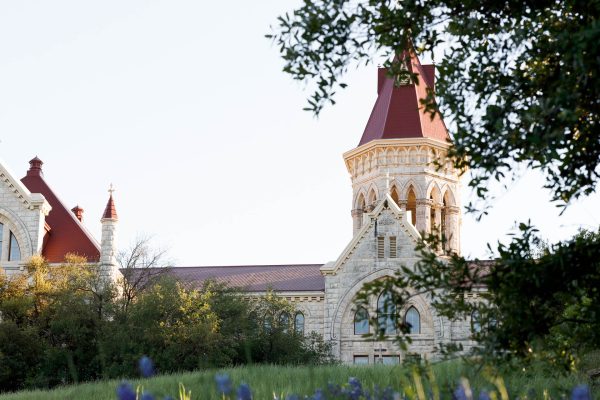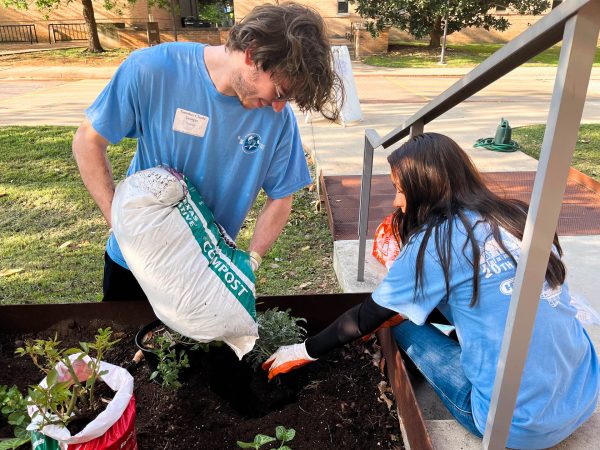University ranks high on list for Fulbright-producing institutions
Six students from St. Edward’s University received the prestigious Fulbright Scholarship in 2012. This number gave St. Edward’s distinction as a top producer of Fulbright Students for 2012-2013 and, tied with Nazareth College in Rochester, N.Y and the University of Portland, a shared first place ranking for masters-granting institutions.
The Fulbright U.S. Student Program provides funding for teaching and research to scholars who exhibit strong academic and leadership potential. Established by the U.S. Congress in 1946, it is the largest exchange program in the country.
Since 2004, 19 St. Edward’s students have received Fulbright Scholarships. Last year, the Fulbright program provided funding for five St. Edward’s students to teach and researach abroad. The Fulbright U.S. Student program awards about 1,500 scholarships each year, according to the Fulbright website.
Fulbright Students choose from a variety of countries in which there are opportunities to study and teach. St. Edward’s commitment to producing Fulbright recipients is yet another manifestation on the university’s emphasis on global thinking under the Strategic Plan 2015.
“One of the great strengths of this campus, and part of the Holy Cross tradition, is the level of civic engagement. Faculty and students are actively engaged in social change. Students are teaching ESL classes in the community, traveling with Campus Ministry, working in the community on study abroad programs in Angers and Edinburgh,” Caroline Morris, director of fellowships at St. Edward’s, said.
The English Teaching Assistantship, ETA, Program is part of the Fulbright Program that allows students to work as teacher assistants in English classes for non-native speakers. This year’s recipients will teach students of varying ages and academic levels, depending on the country.
The St. Edward’s students who received the Fulbright Scholarship in the 2012-2013 academic year are Amanda Bolton, Morgen Brown, Amarette Edmonson, Elizabeth Narvaez, Collin Phillips and Marielle Septién.
Morris said building a community of undergraduate scholars helps perpetuate the university’s standing as a top producer of Fulbright scholarship recipients.
“There is a student grapevine about the Fulbright program that wasn’t here five years ago,” Morris said. “Students are increasingly pushing one another to become proficient in another language, to teach or tutor or volunteer, and to develop their independent research interests within their major.”


